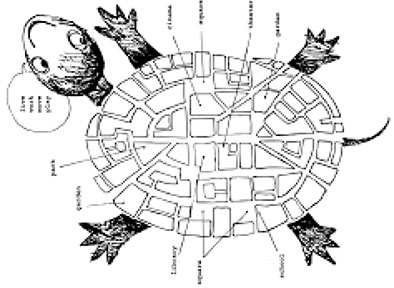Residual Urban Spaces and new Communities of Social Practices
DOI:
https://doi.org/10.6092/2281-4574/6632Abstract
Can general urban strategies and contextual tactical actions cooperate, coexist and learn from each other? The paper discusses this general issue by structuring the theme into three parts: the first, a survey on Urban Acupuncture and Tactical Urbanism, in terms of cases and international reference literature; the second, the presentation of the Milan case, an operational experience that experiments in the field the cohabitation and reciprocal enhancement between the general plan (in which the Urban Regeneration has the leading role) and punctual tactical actions; the third part explores aspects and methods of coexistence and mutual learning between general urban strategies and local and contextual actions. A strong, but probably necessary, challenge, not only to restore credibility and operability to the general plan with a new framework regulation and a multi-scale and multi-dimensional approach thus allowing the community to deploy its daily, social and economic attitudes (the plan as an enabling scenario); but also to restore - with a newfound attitude to the care of places and through a homeopathic approach to the project and the process - value, meaning and quality to the fragmented and residual spaces that characterize the contemporary city.
Downloads

Downloads
Published
Issue
Section
License
Gli autori che pubblicano su questa rivista accettano le seguenti condizioni:- Gli autori mantengono i diritti sulla loro opera e cedono alla rivista il diritto di prima pubblicazione dell'opera, contemporaneamente licenziata sotto una Licenza Creative Commons - Attribuzione che permette ad altri di condividere l'opera indicando la paternità intellettuale e la prima pubblicazione su questa rivista.
- Gli autori possono aderire ad altri accordi di licenza non esclusiva per la distribuzione della versione dell'opera pubblicata (es. depositarla in un archivio istituzionale o pubblicarla in una monografia), a patto di indicare che la prima pubblicazione è avvenuta su questa rivista.
- Gli autori possono diffondere la loro opera online (es. in repository istituzionali o nel loro sito web) prima e durante il processo di submission, poiché può portare a scambi produttivi e aumentare le citazioni dell'opera pubblicata (Vedi The Effect of Open Access).

